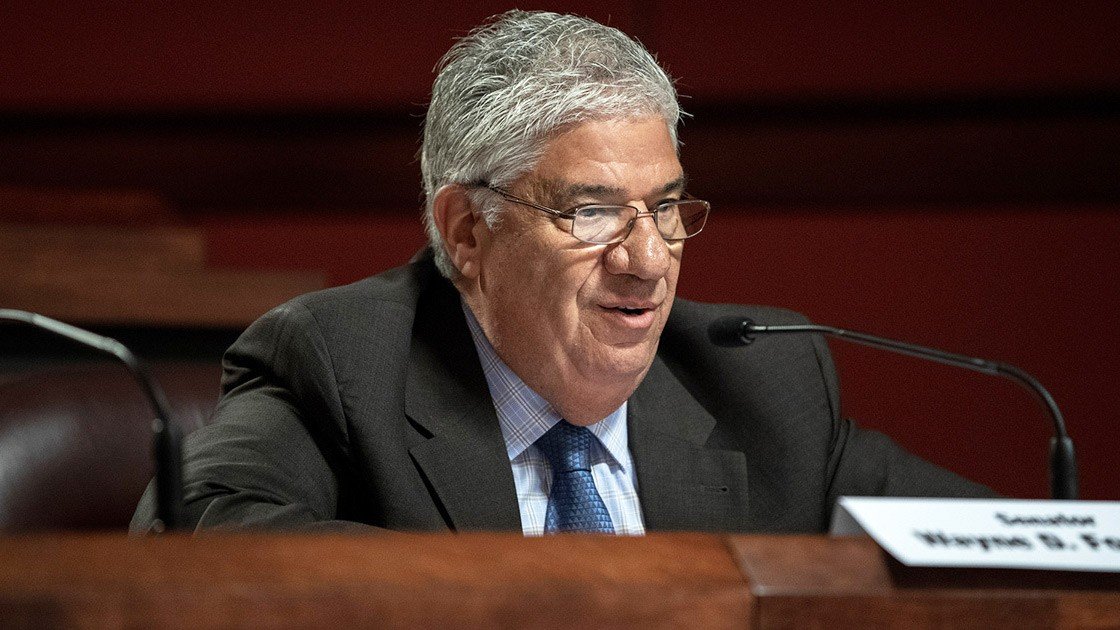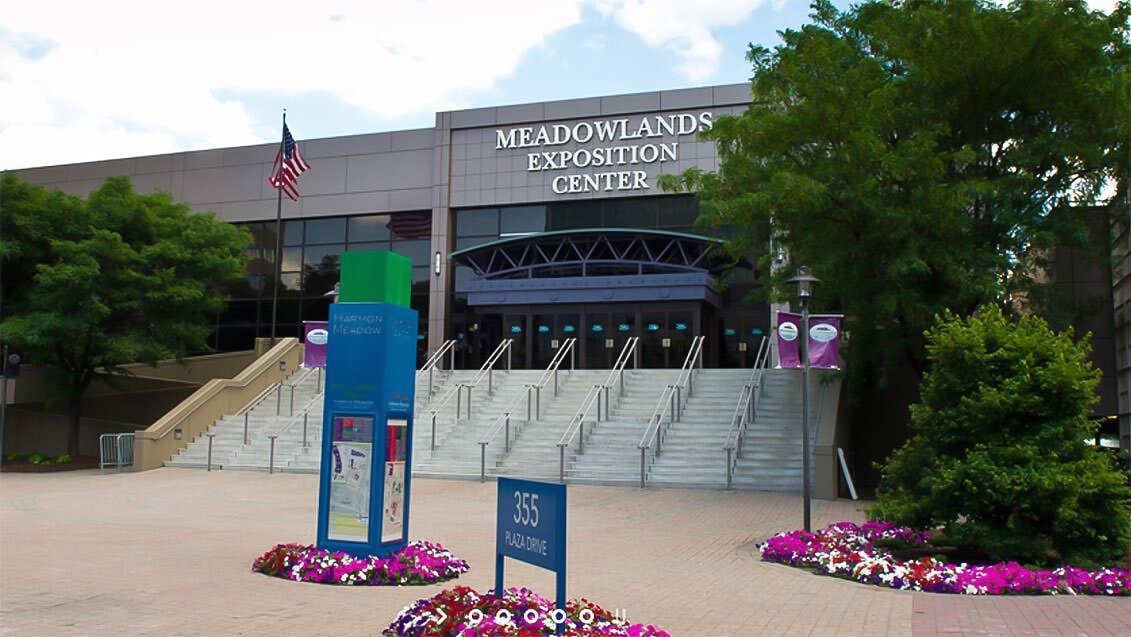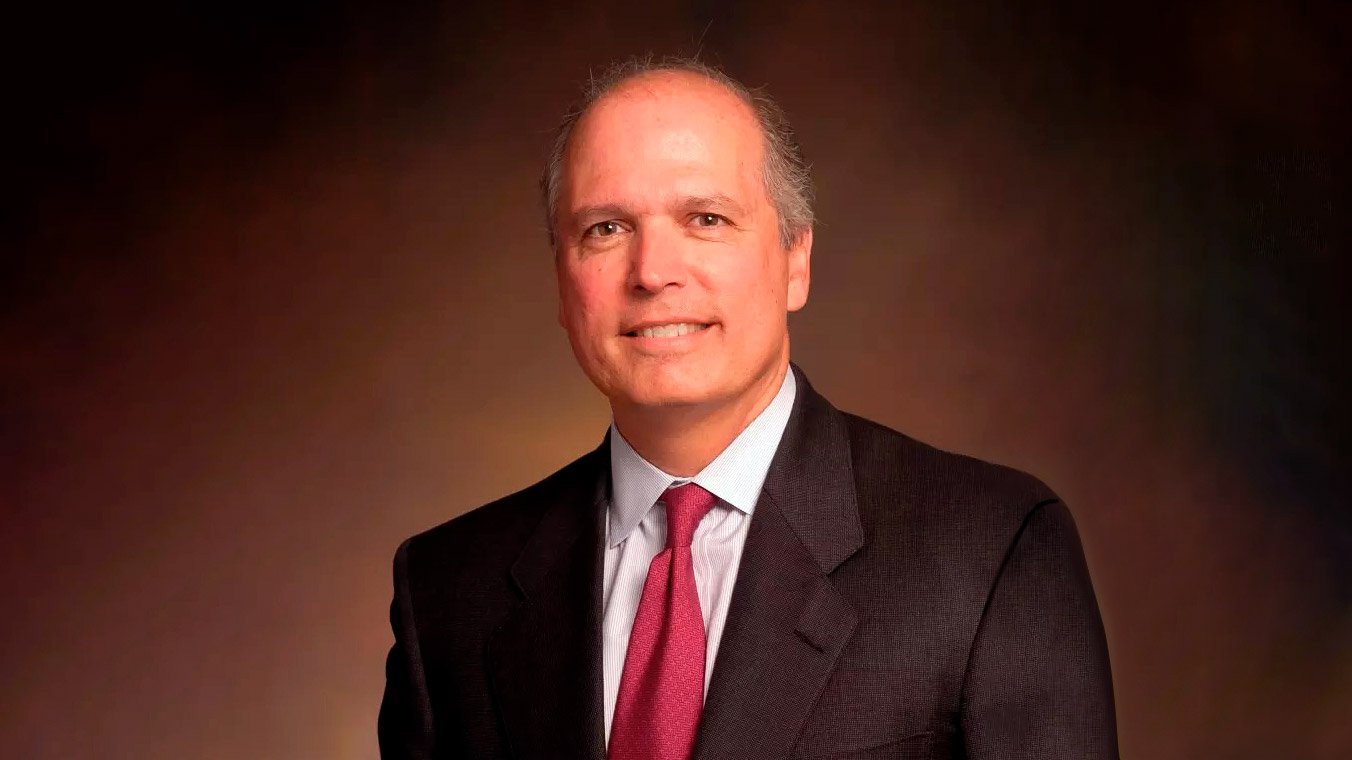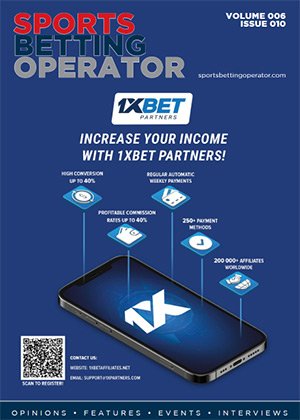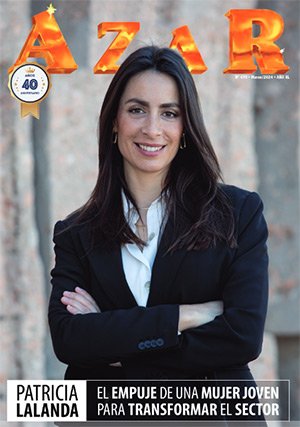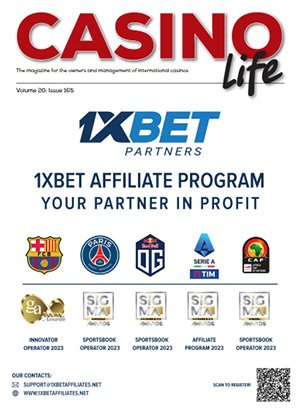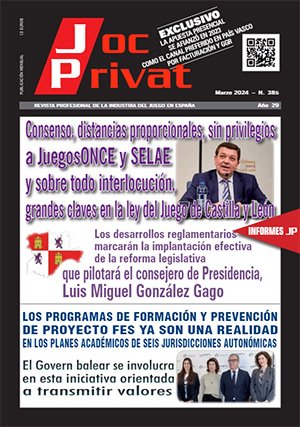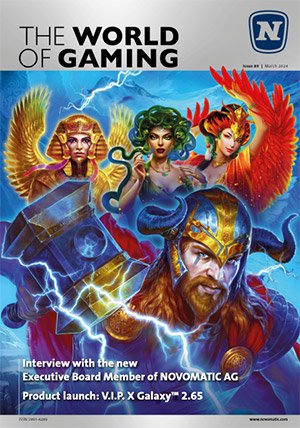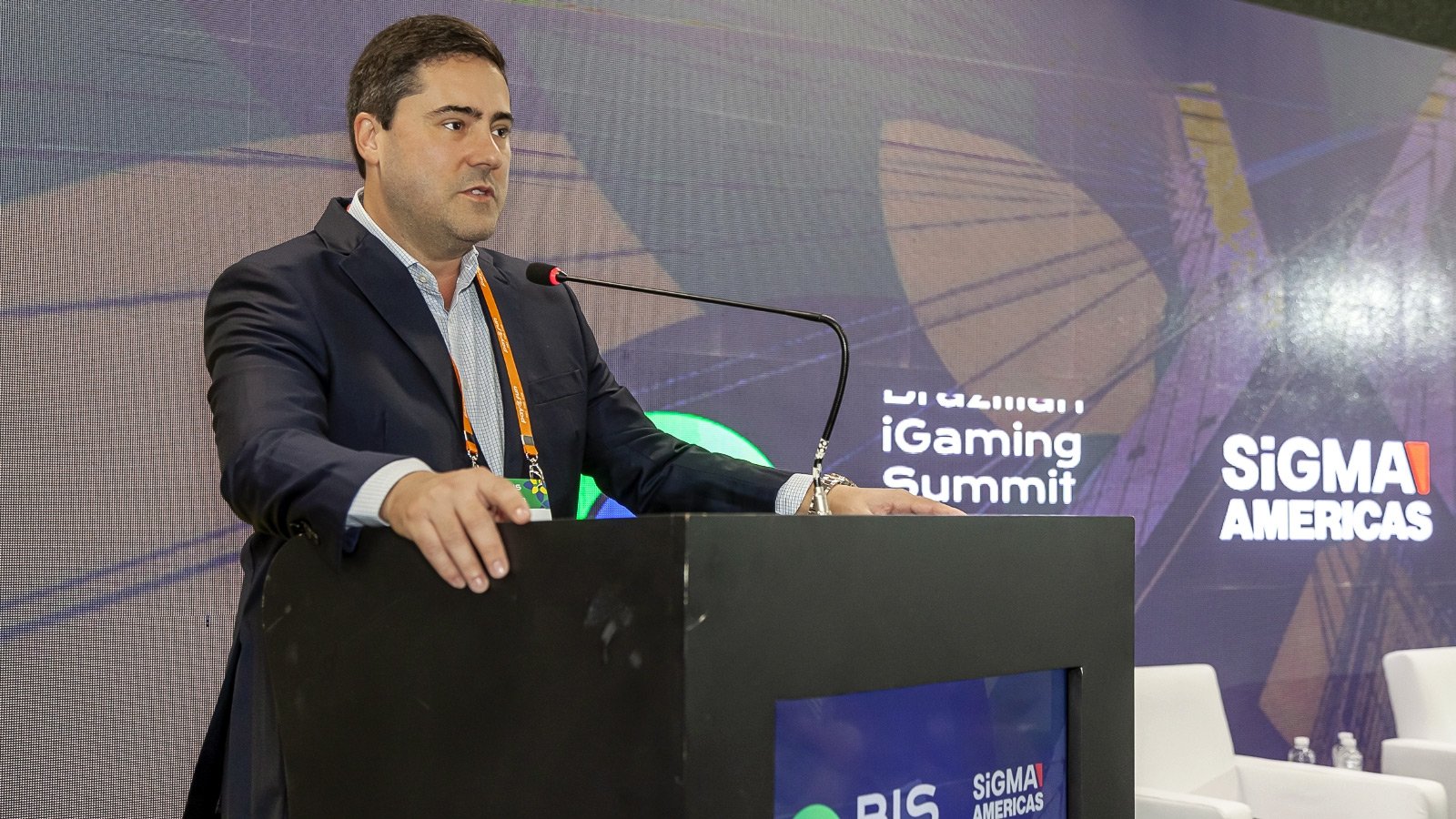Acres: "We are building a system that recommends what the casino can do to maximize profit for every single player"

In a new move in its long-term goal to advance the gaming technology landscape in the US, casino loyalty and solutions developer Acres Manufacturing Company has announced Player Budget, a new customer rating system that identifies each casino player's individual budget and spending habits.
Working in connection with Acres' proprietary Foundation hardware, the new metric seeks to replace the widespread "Theoretical" rating system, which the company says costs casinos untold billions each year since they can't accurately identify a player's value, leading to inefficient marketing offers.
To learn more about this solution, and Acres' plans for the year, Yogonet held an exclusive video interview with Noah Acres of Acres Manufacturing.
Acres' Foundation technology is introducing a new metric, Player Budget, which helps operators identify each player's specific gambling budget. How was this metric developed and how is it different from the Theoretical Win and Actual Win metrics, which are so widespread in the industry today?
The industry predominantly relies upon the Theoretical Win metric, sometimes augmented by the Actual Win metric. Both of these metrics are problematic for operators because they are misleading. For instance, if you look at Theoretical Win, it's just associated with coin-in, which has nothing to do with the player's budget outside of "in theory." And in the Actual Win, players can pull their card out, put their card back in and play different games, so it's also inefficient.
What our Player Budget feature does is precisely identify the exact amount a player is willing to spend in the gambling session. The way it works is that we monitor the play in real-time, and we can see the player's real-time win-loss balance, including if they go to new machines, if they put in new money, new bills, new tickets...
We can calculate exactly how much of the player's own money they're willing to expose. In turn, this helps casinos identify which players have the most profit potential and who is most important to bring back to the casino. Then, with that data, they can customize offers and become more profitable.
Which capabilities does Player Budget open for casino operators, in terms of allowing more efficient marketing strategies?
Casinos today throughout the United States are probably spending $20-plus billion annually on player incentives. And because all of those incentives are built upon the broken and inaccurate Theoretical Win model, they're highly inefficient.
We're in this negative feedback loop for casino marketing where the player has to come in, generate coin-in, and the casino responds with an offer based on that coin-in, without knowing exactly how much money the player has. If they begin to base these offers on the exact amount of money a player is willing to spend instead, then it becomes much more efficient.
What we are doing is building a system that recommends what the casino can do to maximize profitability for every single player. Applying these principles across every player is going to help casinos build a dramatically more efficient marketing campaign. We break it up into three categories:
- There's Meet - if there's a hot uncharted player, we can send somebody out to get that person enrolled immediately.
- The second category is Maximize - if we think that we can get more loyalty and play out of a player, based on their budget size, we can customize marketing efforts to maximize the relationship until their loyalty is consolidated.
- The third category is Maintain - it is for players who have already consolidated their loyalty at your operation. You don't need to maximize anymore; you just need to maintain the relationship.
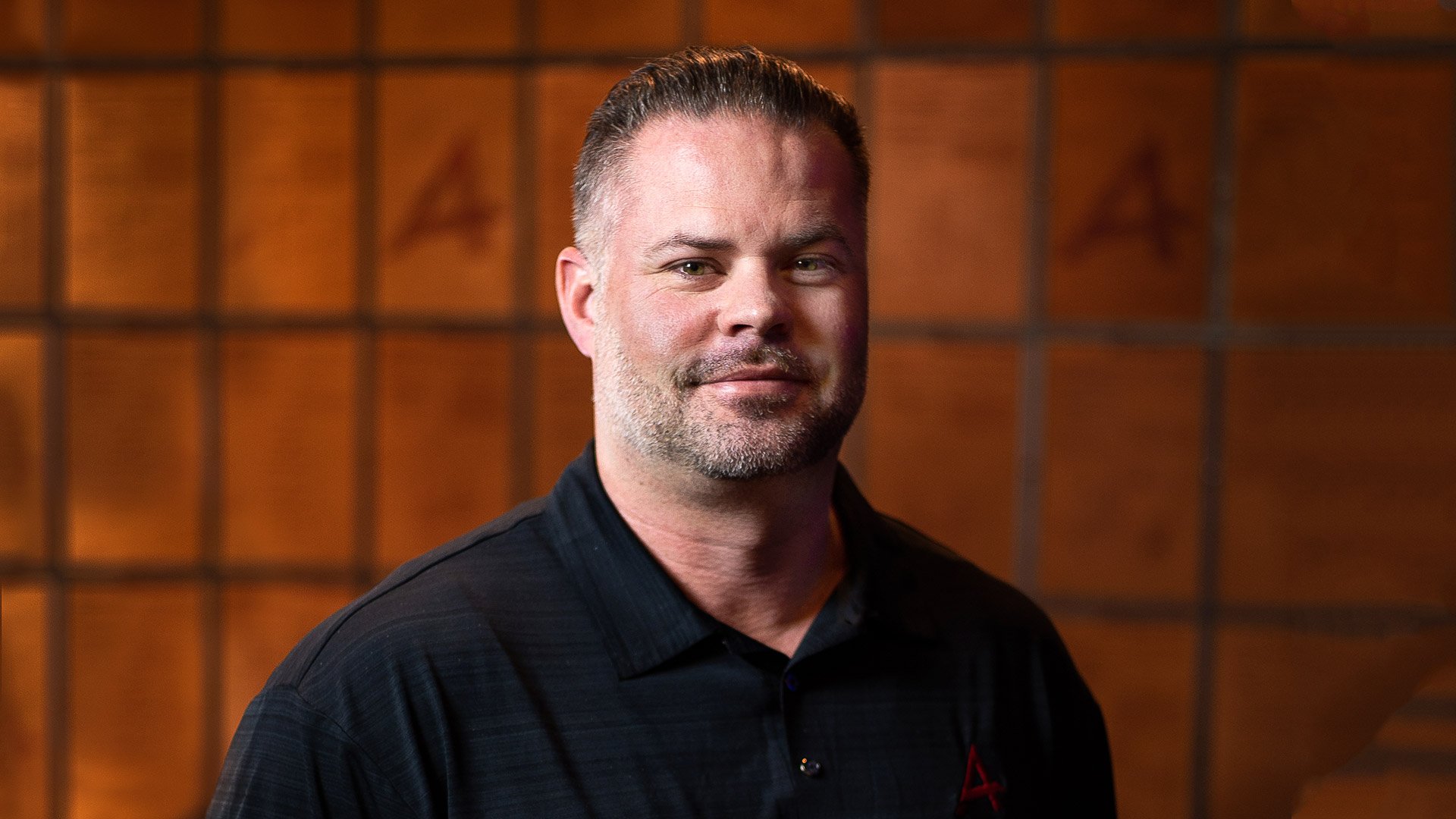
Is Player Budget a feature that, based on your conversations with clients and the wider industry, the casino sector has been waiting for?
Player Budget is something that casino operators have been clamoring and begging for decades. They know that the model today is broken and causes great inefficiency. Knowing precisely the amount of money each player has to spend is exactly the solution that's needed.
Operators can benefit from identifying players who have the most future profit potential. For example, there's a player that we've identified who has a high budget and has only been in here two or three times. We do not have that player's loyalty, but this player is likely going to a competitor's location, and maybe their loyalty is consolidated there. If we know that and our competitor doesn't, we can maximize the player's offer, and flip his loyalty to our casino. And now we're beginning to profit.
Is this what you refer to when you discuss a player's "true willingness to spend" in Acres' white paper on the launch of Player Budget?
Right. Let's say you have a player identified to have a $14,000 budget, but he's only been to our casino once. We can stand to benefit the most by getting repeat visits from this one player because he brings such a high budget in comparison to the others. The way that things are done today, the casino has no idea that this player has a $14,000 budget. All they know is that he produced whatever Theoretical Win, which may not even be close to $14,000.
Here's the real takeaway: this guy is a big spender. We can quantify him as a big spender in a way that Theoretical can't do. Now the casino knows he is a big spender. I can customize my marketing offer and bring him in and hopefully flip his loyalty. It's a very simple concept. It's just a new and more accurate metric to build your marketing campaigns.
Player Budget also unlocks new opportunities for casinos when it comes to detecting problem gamblers, and helps them in their AML efforts. Can you tell us a bit more about that?
Problem gambling is a massive concern for casinos, players, and society at large, and we have to stay on the right side. What Player Budget does is that on every single trip, we're measuring the player's benchmark for their budget. So if a player comes in 50 times and we see that his tolerance is always at one level, but then suddenly he goes all the way above that level, maybe that's a flag for a problem gambling concern. Then we can do some KYC, figure out what's going on with this player, and act before it becomes a big problem.
For AML, we're using the same principles to identify suspicious transactions. This works whether the player is carded or uncarded. Let's say that somebody sticks in a lot of bills and just prints a TITO ticket, washing money through the system. We can know that, and this all comes back to Foundation's ability to process the real-time data. If you stick in $1,000 of bills or $10,000 of bills, there's a minimum level of play that is expected with that. If that play doesn't occur, then we're going to send somebody and figure out what the problem is and help the casino fulfill its AML duties.
How does Player Budget complement the existing components and features of the Foundation system?
We're building a brand new rewards platform that personalizes the offerings to every single player. Every gaming session should be customized to what the player perceives as getting the most value and what allows the operator to generate the most profit. If we know that a player has a $14,000 budget, and we know that player expects X amount of time on device or X amount of play for their money, we're going to generate a system of bonuses that helps both get what they want.
If the player is losing very quickly and we think that it's going to jeopardize the long-time loyalty, we can begin to issue bonuses in real-time during the session to help that player extend the length of their session, thereby deriving more perceived value out of it. But if the player gets all this time on device but hasn't started to lose their money yet, we're going to issue challenges to the player to increase their bet size, and do things that are going to get the operator more likelihood of earning your budget.
Since it's still quite early in the year, what can you tell us about Acres' plans for 2024? Last year, the possibility of an initial public offering was mentioned.
In 2024, we're very excited to begin rolling out more of our solutions at a wider scale. In a month or so, we're going to be debuting Foundation HQ, which is the first implementation of our CMS. We expect to get more installations of Foundation HQ, especially towards the second half of the year.
Beyond HQ, we're going to be debuting new bonuses, including TIBO, the ticket in, bonus out system that we've talked about so much; it'll be coming out this year. We're also doing more cashless installs. We see a lot of operators wanting to go cashless this year.
We are working on an IPO, which is very important to our company because it helps us with regulatory issues. The regulatory burden in all the different states and jurisdictions in which we are active is somewhat diminished for a public company. And we're an amazing growth story as well: we're expecting to become within the next few years one of the most important suppliers in the industry. We want to share that vision with our investors and share the rewards as well.


